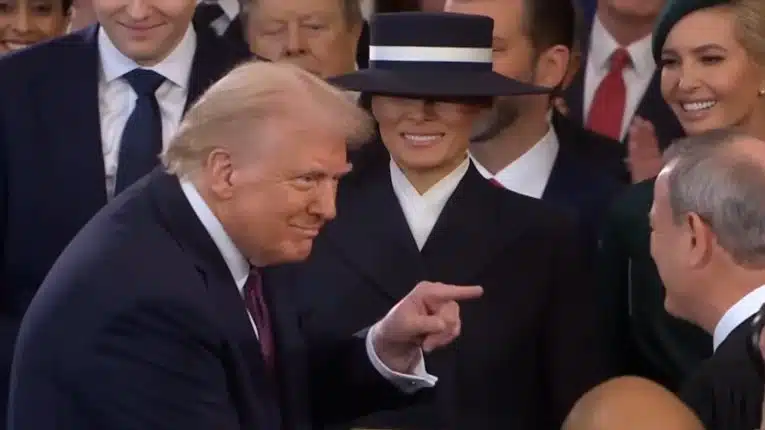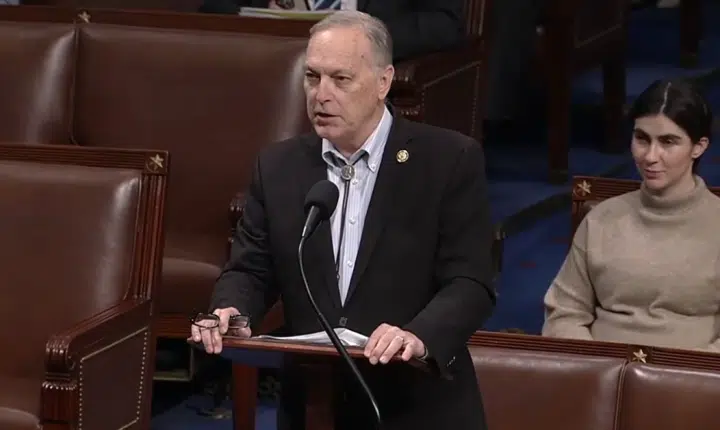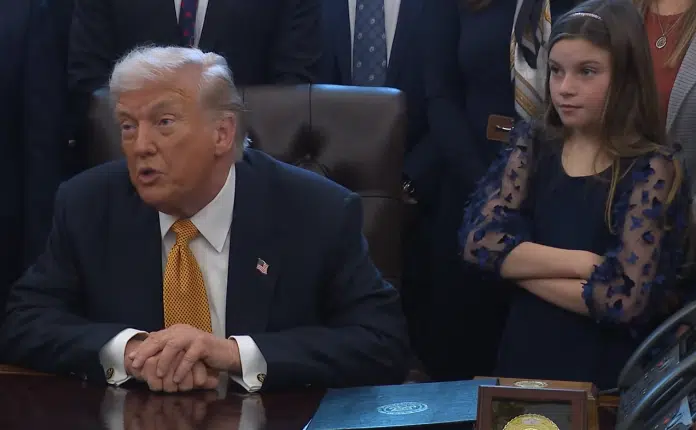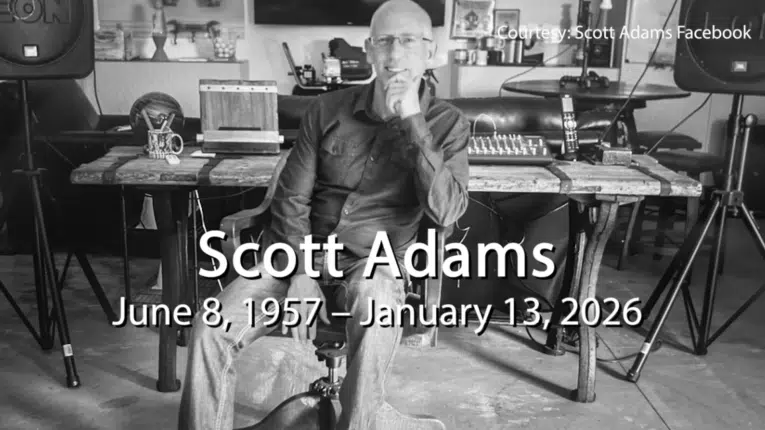 By Robert Romano — Here we go again.
By Robert Romano — Here we go again.
Speaking to the Peter G. Peterson Foundation 2012 Fiscal Summit on May 15 , House Speaker John Boehner once again called for offsetting spending cuts in return for increasing the $16.394 trillion debt ceiling later this year.
This follows the failed attempt in 2011 to do precisely the same thing.
All the American people got in return for the $2.1 trillion increase in the borrowing limit, the largest such hike in the nation’s history, was a slight reduction in the growth rate of spending via sequestration — which Congress is busy crafting legislation to overturn — and the ill-fated Supercommittee that achieved exactly nothing.
Well, that’s not fair. We did lose our Triple-A credit rating. And the $15.6 trillion debt is now larger than the entire $15.4 trillion economy.
But besides the downsides, last year’s debt deal produced nothing positive whatsoever. No entitlement reform. No tax code simplification. No sizable spending cuts. No balanced budget. No spending cap.
Which, if Republicans never had any intention of achieving real spending cuts and substantially reducing the size of the $3.7 trillion budget, they should have just rejected the concept of using the debt ceiling as leverage in the first place.
Instead, after the 2010 election, Senate Minority Leader Mitch McConnell told Fox News’ Brett Baier that the debt ceiling “will not be [raised] without some strings attached, if it happens, because they’re going to have to seriously address spending and debt.”
McConnell added, “The American people want it, they expect it. That was a big issue in yesterday’s election.”
Later on, Boehner, this time speaking to the Economic Club of New York, said, “Without significant spending cuts and reforms to reduce our debt, there will be no debt limit increase. And the cuts should be greater than the accompanying increase in debt authority the president is given. We should be talking about cuts of trillions, not just billions.”
Of course, none of that ever happened.
But now Boehner is at it again. At the May 15 Fiscal Summit he said, “When the time comes, I will again insist on my simple principle of cuts and reforms greater than the debt limit increase. This is the only avenue I see right now to force the elected leadership of this country to solve our structural fiscal imbalance.”
Okay, fine. But this time let’s dispense with the bull.
When the House cedes its constitutional power of the purse to a grand committee with no mandate that then achieves nothing, it makes it look like the GOP was bamboozled.
When House Republicans pretend that mere reductions in the growth rate of spending are “cuts,” they take actual cuts to the budget off of the table. Such proposals only undermine the GOP’s credibility, and limit the range of proposals that might be considered.
And when Republicans of both chambers concede the false talking point that the nation would default on its debts if the debt ceiling were not raised, they take their valuable leverage off of the table.
In fact, so long as the Treasury uses existing revenue to make interest payments on the debt, and refinances existing debt up to the limit, we would never default.
That’s the line Republicans must take in order to keep their credible threat on the table. If Boehner truly wants to achieve significant reforms this time — and restore confidence in the House Republican majority — Obama and Reid have to actually believe that the House will allow the debt ceiling to be reached.
Else, they will just call Boehner’s bluff. And taxpayers will once again be left with the bill.
Robert Romano is the Senior Editor of Americans for Limited Government.






